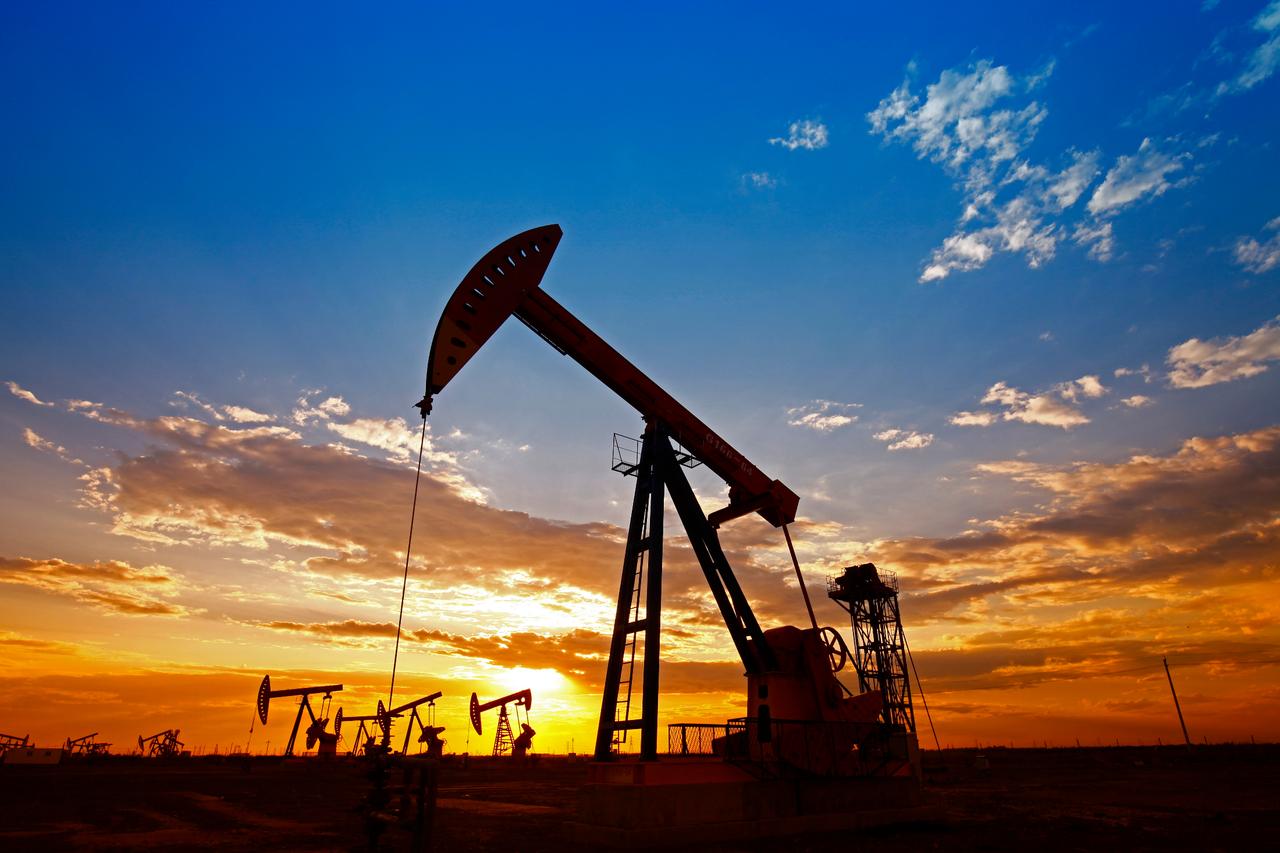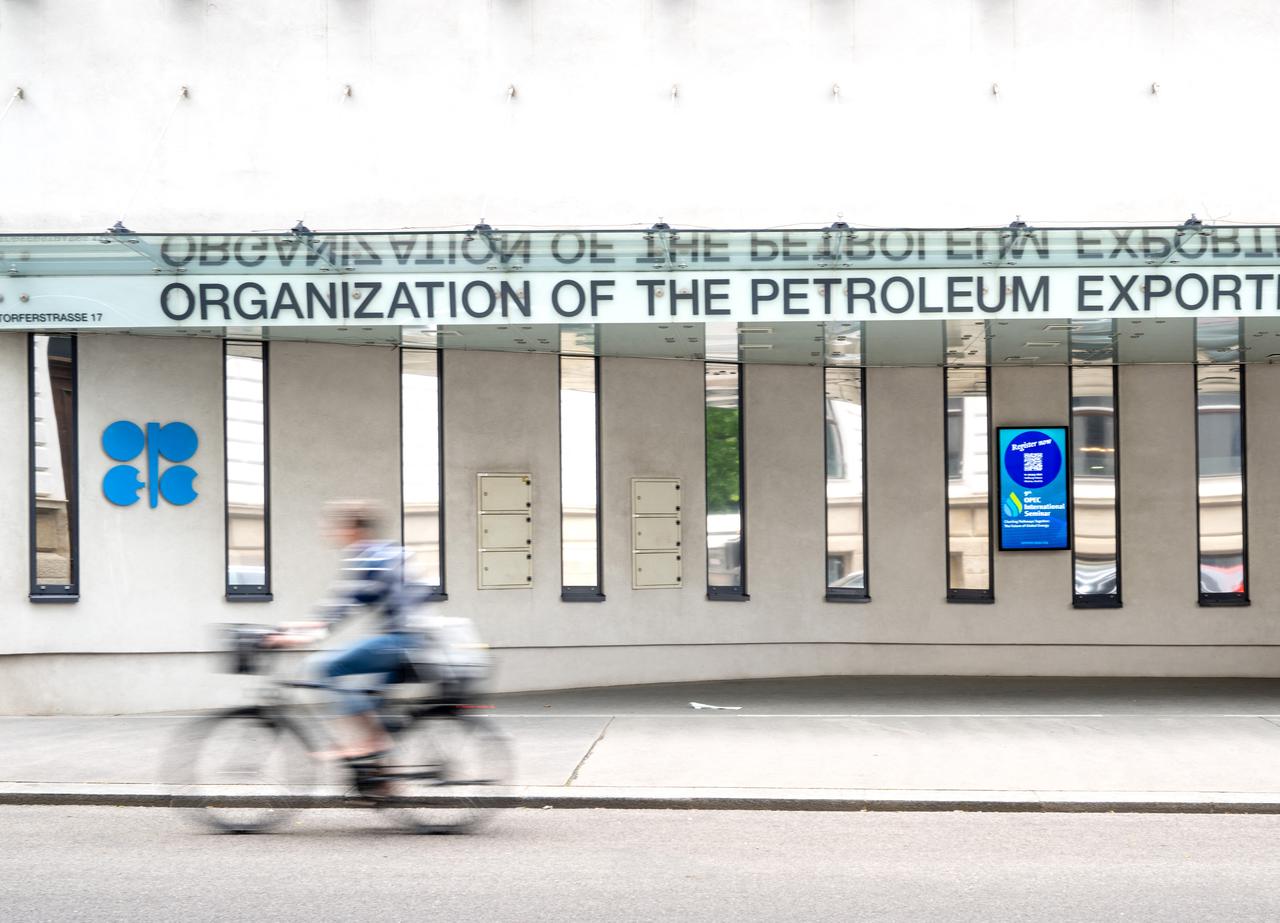
Saudi Arabia, Russia, and six other members of the OPEC+ alliance announced Saturday that they will raise crude oil production by 548,000 barrels per day (bpd) in August, exceeding previous expectations for a smaller increase.
Analysts had anticipated a more modest rise of 411,000 bpd, consistent with the group’s targets for May, June, and July. However, in a joint statement, the eight countries said the decision was driven by a “steady global economic outlook and current healthy market fundamentals,” citing low oil inventory levels as evidence.
The decision came after an online meeting among eight key producers: Saudi Arabia, Russia, Iraq, the United Arab Emirates, Kuwait, Kazakhstan, Algeria, and Oman. The group reviewed ongoing adjustments to voluntary output cuts of 2.2 million bpd that began in April.
According to the statement, the August increase is equivalent to four months of gradual production restoration. However, the alliance emphasized that these hikes remain subject to market conditions and may be paused or reversed to help maintain price stability.

The announcement followed recent geopolitical tensions, including a 12-day conflict between Iran and Israel that temporarily pushed oil prices above $80 per barrel over fears of a potential disruption in the Strait of Hormuz, a key maritime route for global oil shipments.
Despite those concerns, oil prices have remained relatively low, trading in the range of $65 to $70 per barrel. The shift in OPEC+ policy—led by Saudi Arabia and its allies to boost output from May—has been interpreted by market watchers as a move to encourage compliance with agreed quotas by putting downward pressure on prices.
While quotas have doubled in recent months, actual production has not kept pace. A Bloomberg estimate suggests the alliance only managed to increase output by 200,000 bpd in May, falling short of target levels.
The next OPEC+ meeting to determine September production levels is scheduled for Aug. 3.